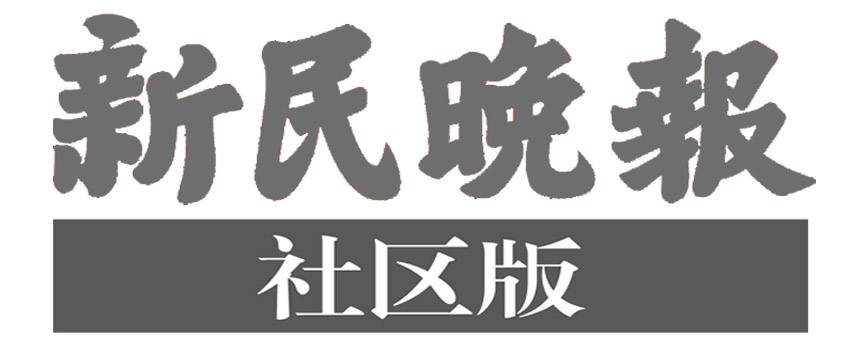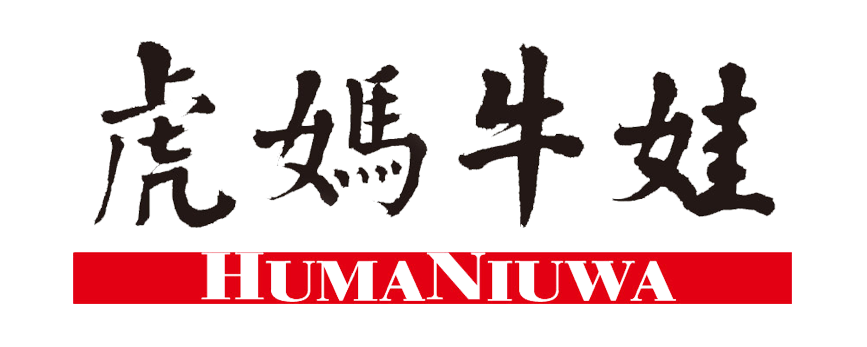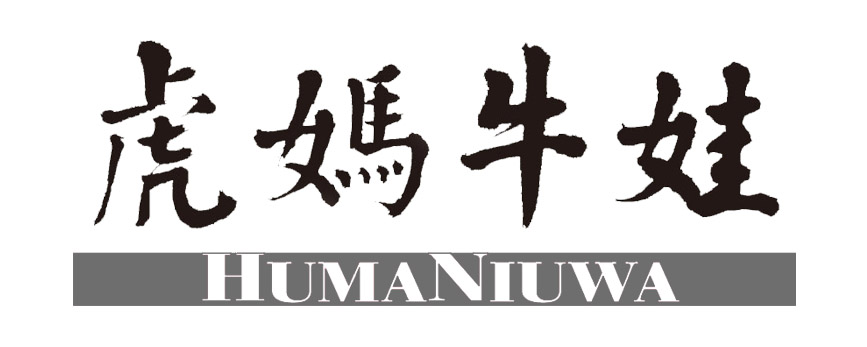However, for the last four years, SCIS have implemented the IB style of learning into their Primary Years Programme (PYP), and students taking responsibility for their own learning is at the centre of importance. They are encouraged to go further and explore the questions they actually have, and for the teacher it is about playing the role of facilitator as opposed to leader. The curriculum is designed to be organic and therefore grow along with the learner, and it is this interactivity that ultimately makes the difference.
To Janette Haggith, the Primary Years Programme Coordinator for the ECE Campus and Lower School in Hongqiao Shanghai Community International School, innovating education and IB clearly matter as she collaborates with teachers to promote inquiry student-centred learning.
When asked about how SCIS manages an IB curriculum throughout their grades, Janette explains that at the beginning of every year all students are guided through an introductory transdisciplinary unit that encourages building strong relationships, involving students when setting up the classroom, and using the Learner Profiles. In this unit, SCIS students choose a particular learner profile and focus on their agency and learning goals. The students are involved in setting their own goals, for example if they choose Communicator they would have to explain how they would go about improving their communication skills in the upcoming unit; perhaps through giving student led presentations or brainstorming within small groups around different topics.

The whole idea is that the students have a sense of agency, which is currently the new focus within the IB community. Students use their research skills to find out what they want to know relating to the themes being explored. That passion of inquiry is diffused throughout the classroom through brainstorming and presenting to others, and ideas are always shared and reflected upon.
When you come into the SCIS classroom and learning environment, you can immediately feel the working, collaborating and thriving environment. The Primary Years Program at SCIS builds on the trust that the teachers have with the students and vice versa. Despite our memories of the past, and taking any opportunity to slack off, what you don't see at SCIS is students unwilling to learn. And perhaps this is due to fact that SCIS encourage students to take ownership of their learning and the method in which they wish to do their work. For example, it's not uncommon to see groups of students shooting video projects in corridors, or sitting quietly on their own without strict supervision reading a book, which they can later discuss with their classmates.
As the PYP programme and IB curriculum method are still new to many, there can be a fear that the goals of education won’t be met. However, Janette explains that SCIS has high standards and a rigorous academic program. In essence, this means that students of SCIS meet the same goals, gain the same information, and meet, if not surpass, the same standards as any student currently studying in America. The recipe may be different, but the cake baked is just as delicious.
At the heart of SCIS's IB curriculum is the teachers themselves, together they plan ways to engage with students and create authentic learning opportunities, and then take these inquiries along a conduit of the student’s choice. The students have the agency to go along whatever avenues they wish, so long as it is linking to the central idea and lines of inquiry created by the teacher.

Janette goes on to say that SCIS puts great importance on helping students to gain skills in self-management. By the time a student reaches the later years of PYP they will have acquired all the necessary skills needed in order to be responsible for their own learning, and then to take that knowledge they have acquired to Take Action. This action can come in a variety of ways, and the student has the authority to direct it however they wish. For example, they could share what they have found out with other classes and give seminars to their peers, or they could create and edit a video of them interviewing people around the school based around their theme.
Fundamentally, the students are interacting with their topics from the pre-assessment to the summative assessment, and constantly exploring and reflecting upon their learning goals. When the students reach the end of their learning unit, which can last up to seven weeks, they will have
"The students have the agency to go along whatever avenues they wish, so long as it is linking to the central idea and lines of inquiry created by the teacher."
the answers to these questions and acquired the analytical skills to reflect and document on the problems they may have encountered and then share their knowledge with others.

By guiding and facilitating students towards self-management, a greater ownership of their learning and encouraging them to be more inquisitive, SCIS are instilling fervour towards lifelong learning and inquiry. As the old Chinese proverb says: Tell me and I’ll forget; show me and I may remember; involve me and I’ll understand.





















 沪ICP备15036271号-2
沪ICP备15036271号-2